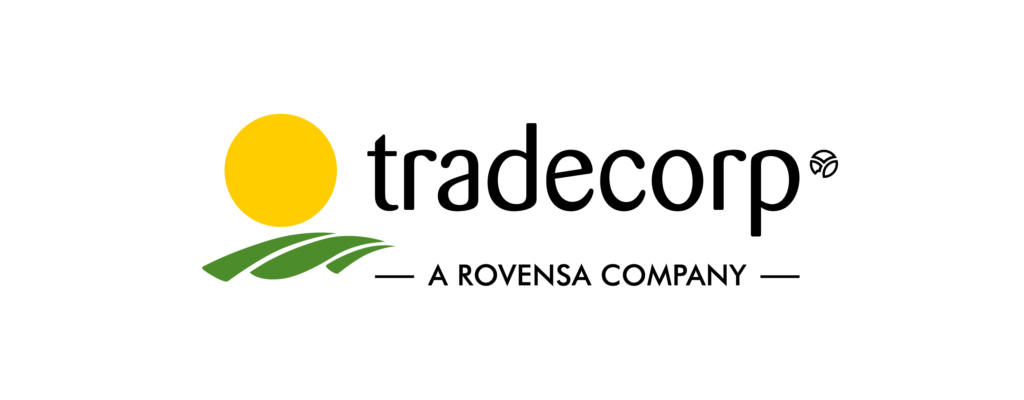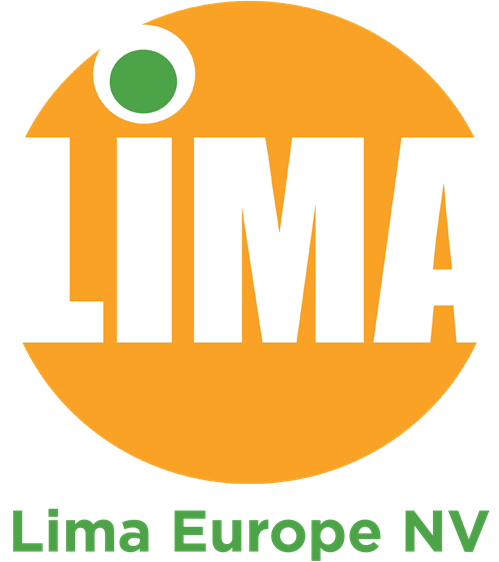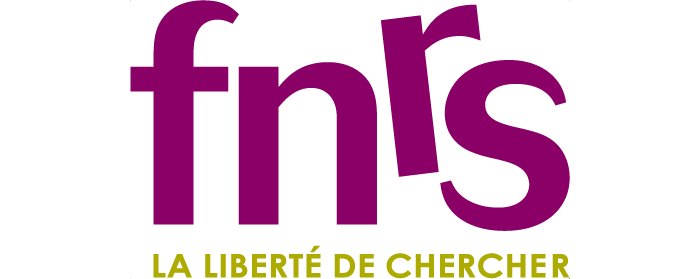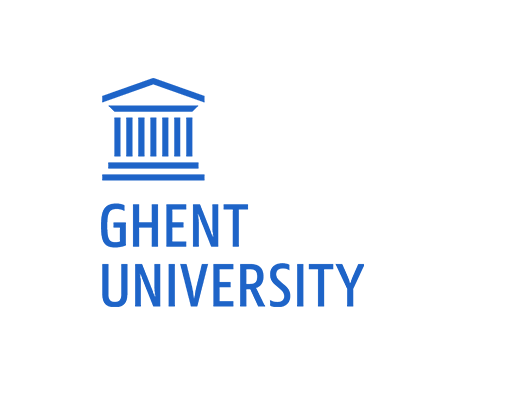1st International conference SABB2022

Thank you for sending us your abstract, submission is now closed.
The first edition of the international conference on Sustainable Agriculture Biostimulants and Biopesticides will take place in Ghent, Belgium from Tuesday 20th September until 22nd September 2022.
The conference aims to bring together academics, industry, regulatory experts, and policy makers with an interest in plant biostimulants and biopesticides. The conference will focus on non-microbial biostimulant and biopesticide state of the art research. The main topics of the conference are novel Biostimulants and Biopesticides, progress in the mode of action, bioactive ingredients, plant stress, immune response. A workshop on the 22nd of September will give a forum to discuss the implementation, social issues, and agricultural policy around biostimulants and biopesticides. The 22nd there will be an opportunity to visit a 6000 square meter rooftop greenhouse research facility or the Gembloux Agro-Bio Tech research facility.
Confirmed keynote speakers

Patrick Brown, UC Davis, USA
Dr. Patrick Brown is the Professor of Plant Nutrition at the University of California, Davis – USA. He received his B.Sc. in 1984 from Adelaide University, Australia and Ph.D. from Cornell University, USA in 1988. Dr. Brown has authored more than 220 scientific journal articles and numerous books and is among the highest cited experts in plant nutrition, biostimulants, boron, foliar fertilizers and horticulture. Dr. Brown is recognized globally as a leader in both basic and applied plant nutrition research with notable contributions to the function, transport and management of nickel and boron, and significant contributions to research on potassium, nitrogen, zinc, foliar fertilization, salinity and biostimulants.
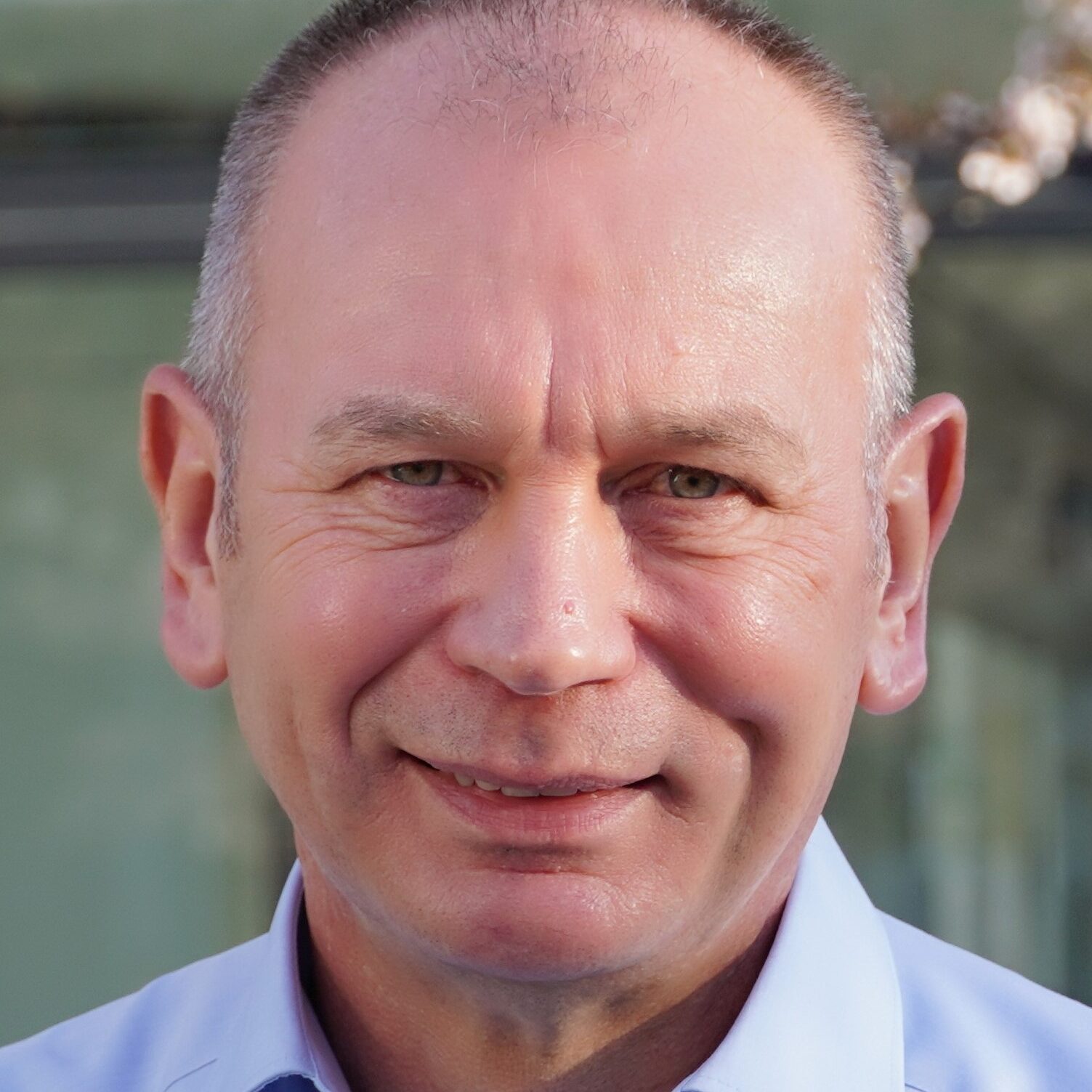
Uwe Conrath, Aachen University, Germany
I’m committed to understanding how plants withstand disease. My major focus is on ‘defense priming’. The term describes the enhanced capacity of immunized plants to mobilize defense resulting in earlier, faster, and/or more robust activation of defense which often leads to immunity. I also address AgBiotech and bioeconomy aspects for translating concepts discovered in model systems to agriculture. They include defense pathway engineering and leaf-sticking gels and capsules for the slow release of active ingredients.

Vassilis Fotopoulos, Cyprus University of Technology, Cyprus
Vasileios Fotopoulos is Associate Professor in Structural and Functional Plant Biology and head of the CUT Plant Stress Physiology Group established in 2008. His main scientific research focuses on the study of nitro-oxidative signaling cascades involved in the plant’s response to stress factors, while emphasis is being given in the development of chemical and biological priming technologies towards the amelioration of abiotic stress factors and promotion of plant growth. Relevant research has resulted in the publication of a patent and the provisional filing of a second one. In addition, he is involved in research studying plant secondary metabolism and antioxidant responses in fruit crops during ripening.
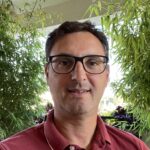
Giuseppe Colla, University of Tuscia, Italy
Full Professor in Horticulture at the Department of Agriculture and Forest Sciences, University of Tuscia, Viterbo (Italy). Research activities of Prof. Colla are focused on the development of new plant biostimulants from natural substances and the evaluation of the biostimulant activity of products on horticultural crops under variable environmental conditions. The interaction of biostimulant products with other agricultural inputs is also evaluated. The biostimulant activity is studied using plant phenotyping platform and other omics technologies such as metabolomics and transcriptomics.

Kris Audenaert, Ghent University, Belgium
Kris Audenaert is associate Professor at the Dept. of Plants and Crops, Fac. of Bioscience Engineering, Ghent University. He is head of the Laboratory of Applied Mycology and Phenomics.
Biologically, his research group focuses on abiotic and biotic stress in crops and explores how new biostimulants and/or biocontrol agents help to grow healthy plants. For biotic stresses, wheat is the core crop and biocontrol agents such as Serendipita spp. and Streptomyces spp. are being explored as biocontrol agents against major fungal pathogens such as Fusarium graminearum, Zymoseptoria tritici, Blumeria graminis and Magnaporthe grisea. For abiotic stresses traits such as nitrogen-, phosphorus- and micronutrient deficiencies are investigated using maize, wheat and grapevine as target crops.
Technologically, the research group has ample expertise in non-destructive plant monitoring using multi-, hyperspectral and fluorescence-based imaging techniques as a tool to visualize the phenotype of plants in their interaction with plant pathogenic- or plant beneficial fungi and bacteria. Kris Audenaert is a member of the IOF valorisation consortium CropFit on Biostimulants, the assoication research platform MYTOX, the Belgian Plant Phenotyping Network and the international training network MytoxSouth.
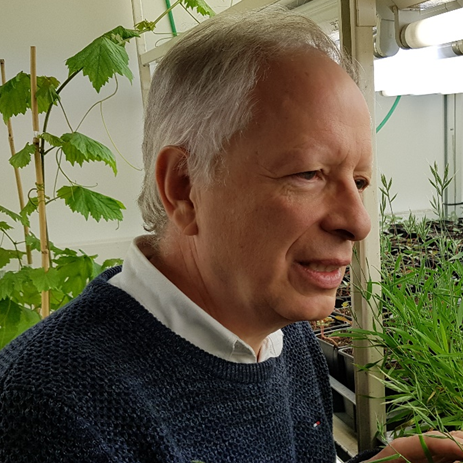
Pierre Van Cutsem, Université de Namur, Belgium
Pierre Van Cutsem holds an engineering degree in Agronomy (UCL-LLN) and a Ph.D. in Sciences and has been full professor at the Biology department of the University of Namur (Belgium) until last year; he is now emeritus.He has worked in plant physiology for over forty years and his favourite subject has always been structural (cell wall) and storage (polyfructan) polysaccharides. He published, among others, the genomic sequences of the two enzymes (SST and FFT) that synthesize inulin, the storage polyfructan extracted industrially from the chicory root. He worked a lot with the industry on many aspects of chicory physiology, including molecular markers (SSR, SNP) and marker-assisted breeding. Concerning plant cell walls, he published many papers on physicho-chemical properties of pectin and pectin signaling in plants. In 2006 he filed a patent on an oligochitosan-oligopectin complex (COS-OGA) with signaling properties that induces plants to fend off pathogens when contaminated, a mechanism based on preventive stimulation of the plant innate immunity. In 2009 he created FytoFend, a private company that produces, registers and commercializes biopesticides based on the COS-OGA complex. The company is thriving at a time when people and authorities are more and more reluctant to use chemicals alone to protect crops.
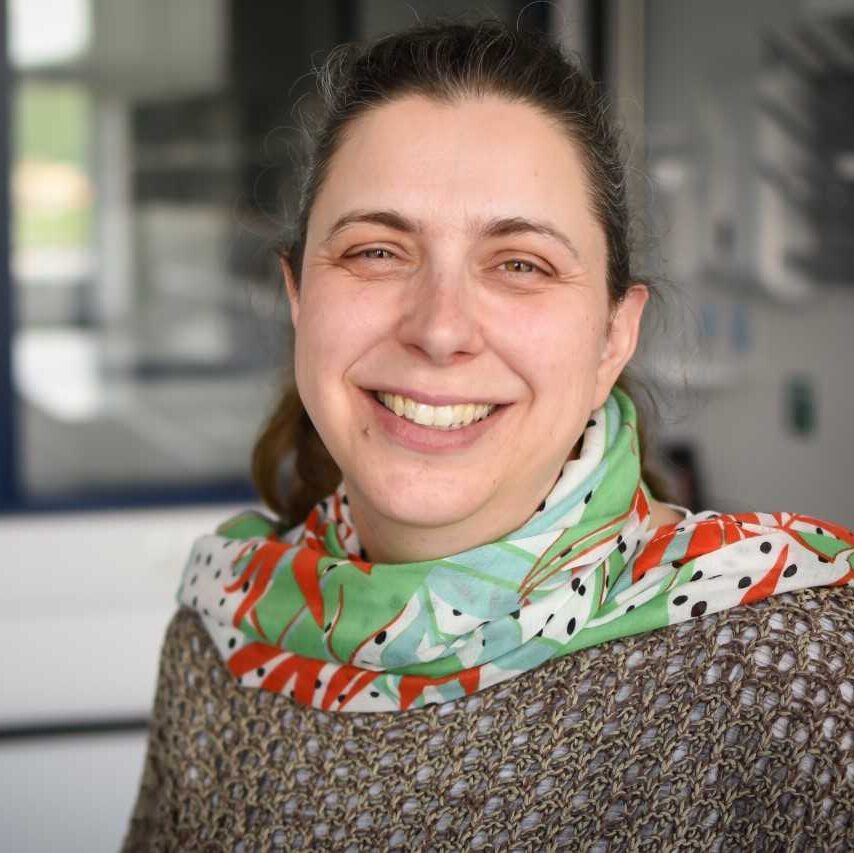
Corina Vlot-Schuster, University of Bayreuth, Germany
My laboratory investigates immune responses in plants; in particular, we focus on systemic acquired resistance, an induced defense response, which protects the systemic, healthy tissues of plants undergoing a local infection. We aim to understand the molecular components of this response and how these might be exploited to improve crop protection. Our recent findings highlight a role of volatile organic compounds as airborne signals propagating immune responses within and between plants.
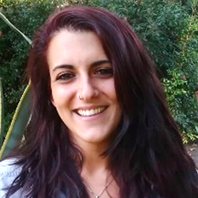
Federica Locci, MPI for Plant Breeding and Research, Germany
Plants deploy cell-surface and intracellular immune receptors to detect pathogens. Receptor kinases and receptor proteins at the plasma membrane recognize microorganism-derived molecules to elicit pattern-triggered immunity (PTI), whereas intracellular nucleotide-binding LRR proteins detect microbial effectors to confer effector-triggered immunity (ETI). Although PTI and ETI are initiated in different host cell compartments, they rely on the transcriptional activation of similar sets of genes, suggesting pathway convergence upstream of nuclear events. My work in Jane Parker´s lab aims to dissect the underlying mechanisms of immune receptor signalling in both Brassicaceae (Arabidopsis thaliana) and Solanaceae (Nicotiana benthamiana). Our recent work led to the identification of an intracellular signalling branch that works as a convergence point between surface and intracellular receptor- triggered immunity.
Venue
The conference will be held in Block E (Oehoe), a recently built auditorium with space for 350 participants. It is located at the Campus Coupure, Bioscience Engineering Coupure links, 653, 9000 Gent. The site is along a canal in the city of Ghent, with a historic and vibrant center at walking distance.
Main topics
- Biostimulants and biopesticides
- Development and mode of action
- Plant stress and immune response
Abstract
- Submission deadline: 26th June
- Oral speaker selection: 1st July
Registration
A maximum of 350 attendees following a first come policy. Early registration is the best approach to ensure participation!
- PhD students: 250€
- Academics: 300€
- Industry 400€
The registration fee includes access to the premises, drinks, and lunch (catering). Participation to the greenhouse or research station visit requires a separate fee (125 Euro)
Companies are offered the opportunity to advertise and get access of personnel following the sponsoring scheme, bronze, silver, or gold.
To support the attendance of students with limited financial support we offer 10 PhD STUDENTS FREE REGISTRATION based on abstract content and equal opportunity.




Looking forward to welcoming you in the historical and enchanting city of Ghent.
SABB Organizing Committee:
Tina Kyndt, Patrick du Jardin, Kris Audenaert, Maaike Perneel, Ann Cuypers, Geert Haesaert, Christian Hermans, David Cannella, Danny Geelen
Sponsors
Gold
Silver

Bronze

